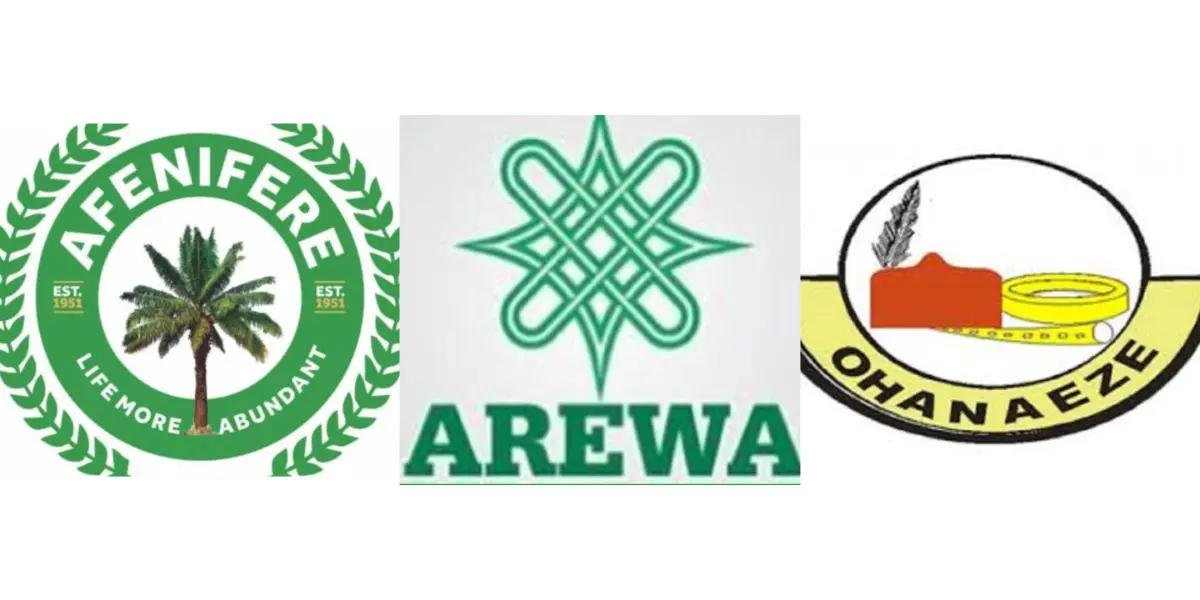Controversial Tax Reform Bills: Ohanaeze, Afenifere, Arewa youths state positions
Tinubu’s Tax Reform Bills Ignite Heated Nationwide Debate
As President Bola Tinubu‘s Tax Reform Bills continue to generate heated debates across the nation, various socio-cultural organizations have voiced their perspectives on the matter.
PulseNets learned that the controversy surrounding these bills stems from significant opposition, particularly from stakeholders in Northern Nigeria.
The origin of these contentious bills dates back to July 2024, when President Tinubu inaugurated the Presidential Fiscal Policy and Tax Reform Committee (PFPTRC). The committee introduced plans to replace the existing National Tax Policy with a more robust framework titled the “National Fiscal Policy on Fair Taxation, Responsible Borrowing, and Sustainable Spending.”
This initiative culminated in the drafting of four bills: the Nigeria Tax Bill 2024, the Tax Administration Bill, the Nigeria Revenue Service Establishment Bill, and the Joint Revenue Board Establishment Bill, which are currently before both chambers of the National Assembly.
Contentious VAT Sharing Formula Sparks Debate
PulseNets reported that a major flashpoint of the debate revolves around the Value Added Tax (VAT) revenue-sharing formula proposed by the bills. The suggested principle of allocating 60% of VAT revenues through derivation has been met with staunch opposition from northern elites, who argue that it disproportionately benefits Lagos and other southern states hosting corporate headquarters.
The controversy escalated on October 29, when Northern Governors and traditional rulers collectively rejected the bills. Their stance prompted the National Economic Council (NEC), during its 145th meeting on November 1, to advise President Tinubu to reconsider the proposals.
Despite the pushback, President Tinubu has remained resolute, emphasizing that the legislative process must run its course. On Thursday last week, the bills passed their second reading in the Senate.
Socio-Cultural Organizations Weigh In
PulseNets spoke to representatives of Afenifere, Ohanaeze Ndigbo, and the Arewa Youths Forum (AYF), who expressed varying opinions on the proposed reforms.
Arewa Youths Forum: Concerns About Fairness and Equity
AYF President-General Yerima Shettima told PulseNets that the Federal Government’s past resource allocation practices have been unfair to the North, exacerbating skepticism about the bills.
“Our primary concern stems from the perception of inequitable distribution of resources and infrastructure development across the country,” Shettima stated.
He further explained:
“The introduction of new taxes, without addressing this existing imbalance, is viewed with skepticism. Increased taxation without corresponding improvements in infrastructure—roads, schools, hospitals—would unfairly burden a population already struggling with poverty, unemployment, and limited access to essential services.”
Shettima also raised concerns about the informal sector, which dominates the northern economy, warning that extending tax obligations to this sector could lead to job losses and further hardship. He emphasized the need for robust education and awareness about tax regulations to mitigate compliance challenges.
The AYF also questioned government transparency and accountability, citing fears that increased revenues might not be equitably distributed or effectively utilized.
“The absence of robust engagement and consultation with the Arewa youth by the Northern Senators during the formulation of the tax reform bill is a point of considerable frustration,” Shettima said, calling for a more inclusive and participatory approach.
Ohanaeze Ndigbo: A Boon for SMEs and Igbo Entrepreneurs
Speaking to PulseNets, Okechukwu Isiguzoro, the factional Secretary-General of Ohanaeze, expressed strong support for the Tax Reform Bills.
“These reforms represent a transformative opportunity for the rejuvenation of SMEs and the enhancement of Nigerian workers’ fortunes,” he noted.
Isiguzoro argued that the bills would eliminate double taxation and foster a more equitable business environment, significantly benefiting the entrepreneurial Igbo people.
“The Igbo people, renowned for our entrepreneurial spirit, stand to gain immensely from these reforms. In an environment characterized by fairness and transparent regulations, we are confident that the majority of the benefits will bolster our endeavors.”
He urged southern lawmakers to unite in support of the bills and called for all stakeholders to prioritize the national interest.
Afenifere: Restructuring Key to Addressing Stakeholders’ Concerns
Afenifere’s National Publicity Secretary, Comrade Jare Ajayi, spoke to PulseNets, countering claims that the proposed VAT derivation formula would disadvantage the North.
“Every state has a population capable of engaging in activities that enhance VAT, meaning all states stand to benefit,” Ajayi asserted.
He emphasized the need for restructuring to empower states and regions to manage resources within their domains, fostering healthy competition and equitable development.
“Rather than focusing on perceived disadvantages, stakeholders should consider the many positives of the proposed reforms and suggest improvements where necessary,” he added.
Also Read: Labour minister to Nigerians: “Providing jobs not our mandate”
Ajayi further highlighted that similar derivation principles applied in the Niger Delta have benefited the region significantly, suggesting that other states could achieve similar gains.
A Call for Collective Action
The debate surrounding Tinubu’s Tax Reform Bills underscores the broader challenges of balancing equity and development in a diverse nation. Stakeholders from all regions must engage constructively to ensure these reforms serve the collective good.
PulseNets will continue to monitor and report developments on this pivotal issue.













